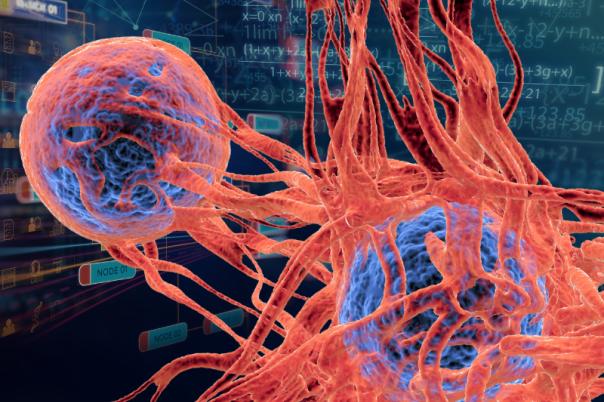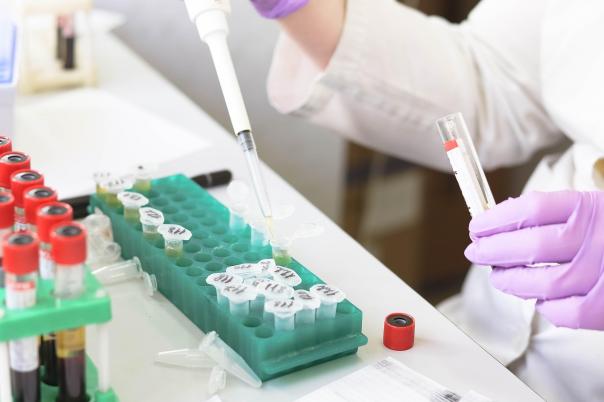Early diagnosis of cancers is vital for prolonged survival. Catching a cancer early will often require periodic screening and repeated sampling due to the evolving nature of cancer and its response to treatment. However, traditional tissue biopsies are invasive and difficult for frequent sampling, particularly in cancers like prostate and breast cancer that metastasise to the bone.
In this presentation, Yong-Jie Lu, Professor in Molecular Oncology at the Barts Cancer Institute, Queen Mary University of London, walks through how liquid biopsies could be a solution. Liquid biopsies, which include blood tests for cancer, offer a less invasive alternative for cancer diagnosis. Here, circulating biomarkers like proteins, DNA, and RNA from cancer cells can be detected rather than taking tissue biopsy from the cancer site.
Circulating tumour cells (CTCs) are a key indicator of cancer metastasis, which is what kills most cancer patients. Therefore, CTCs can be treated as both diagnostic and prognostic markers for cancer.
Different CTC isolation platforms have been developed, each with its advantages and disadvantages. Examples include cell density-based methods, immune mechanism-based methods like CellSearch, and cell size and deformability-based methods like Parsortix. Both of these methods have now received clinical approval from the FDA.
Lu explained how Parsortix works by using cell size and deformability to capture CTCs, allowing for the analysis of both epithelial and mesenchymal CTCs. He also discussed the importance of analysing individual CTCs to understand intra-tumor heterogeneity, particularly in prostate cancer.
The talk highlighted the prognostic value of CTCs in predicting cancer metastasis and treatment response. Studies have shown that CTCs can be used to separate metastatic from non-metastatic prostate cancer and predict cancer metastasis when combined with PSA levels.
Additionally, Lu briefly mentioned ongoing studies funded by Prostate Cancer UK to use CTCs to predict surgery outcomes and the potential of exosome microRNA analysis to identify biomarkers for hormone therapy resistance in prostate cancer.





